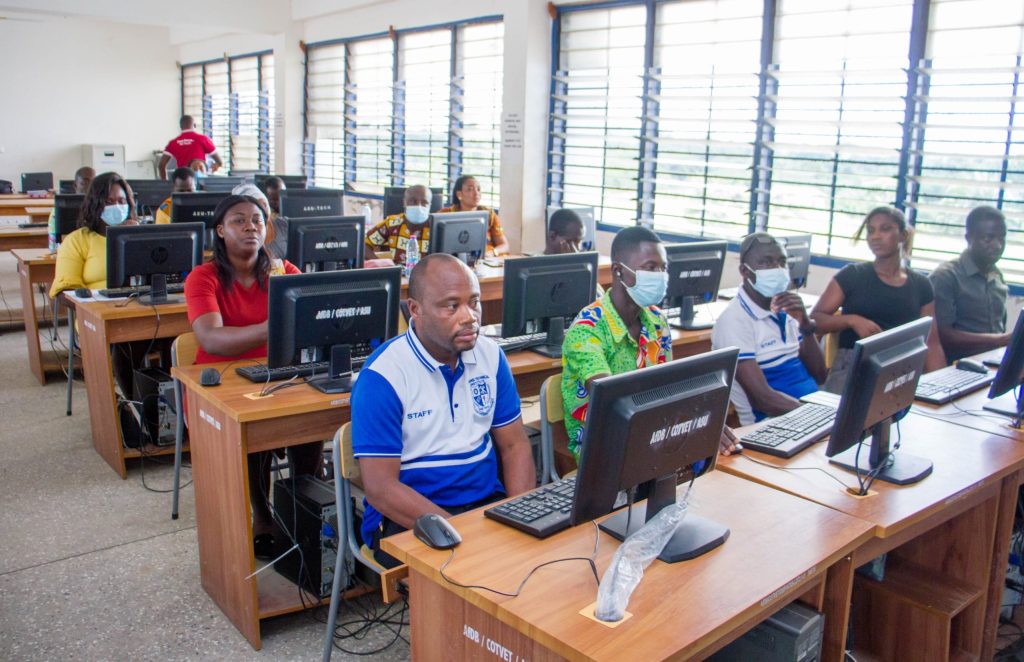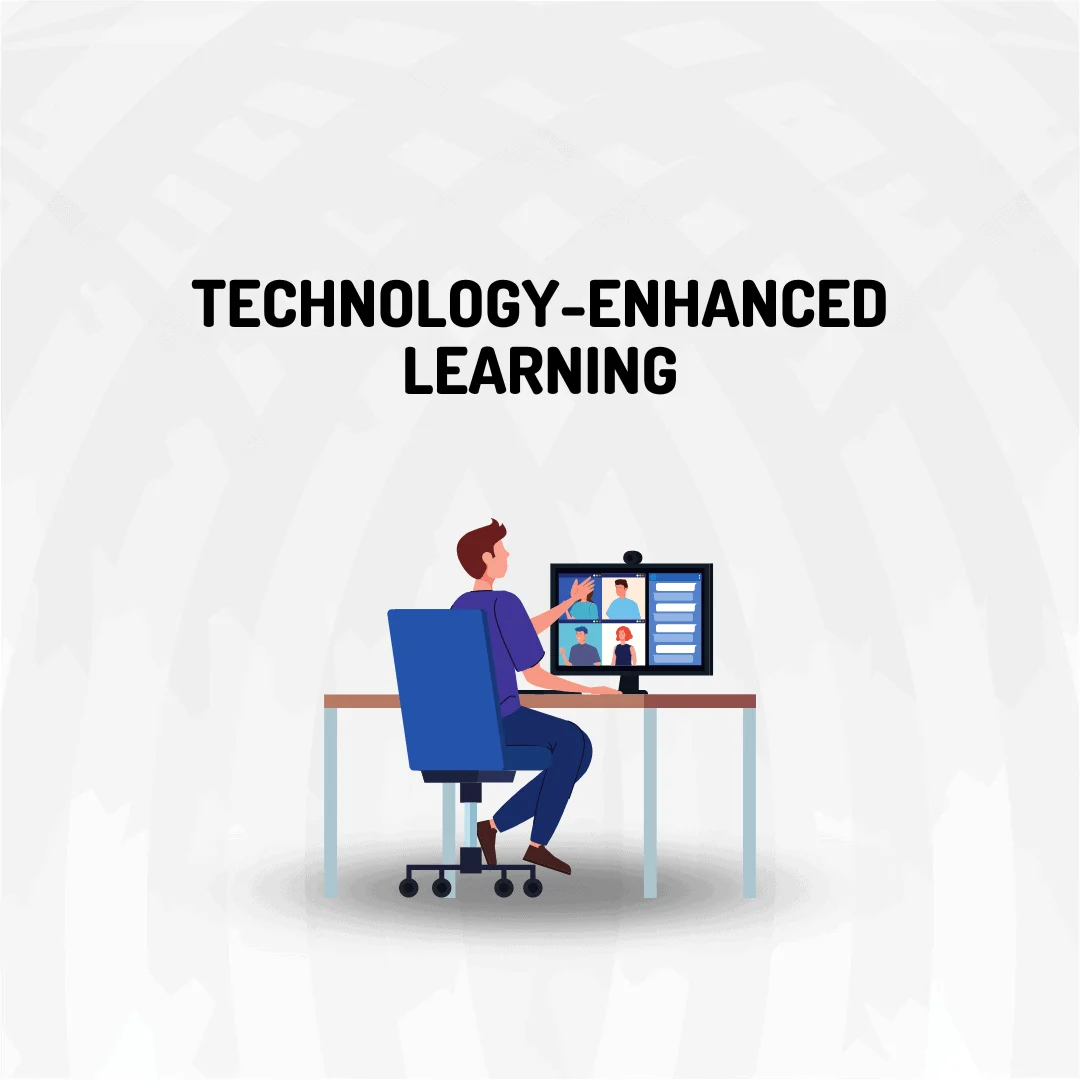As the world advances, so must our educational methodologies adapt to prepare students for the challenges and opportunities of the future. Incorporating innovative technology seamlessly into the curriculum holds the key to unlocking a new era of education that transcends traditional boundaries.
One of the primary advantages of technology integration is its ability to cater to diverse learning styles. In a country as culturally rich and diverse as Nigeria, students have varied backgrounds and learning preferences. By incorporating technology, educators can tailor their teaching methods to accommodate different learning styles, ensuring that every student can grasp and retain information effectively. This inclusivity promotes a more equitable education system, nurturing a generation of well-rounded individuals.

Moreover, technology offers an interactive and engaging learning environment, capturing the attention of digital-native students. Utilizing educational apps, interactive whiteboards, and multimedia resources can transform mundane lessons into captivating experiences. This shift from passive to active learning fosters better retention and understanding of concepts, ultimately leading to improved academic performance.
READ MORE: How Technology has changed the Role of the Teacher
In a nation striving for economic and technological advancement, integrating cutting-edge tools into the curriculum prepares students for the demands of the modern workforce. Exposure to coding, digital literacy, and other tech-related skills equips students with the tools needed to thrive in a rapidly evolving job market. This proactive approach ensures that Nigerian students are not only consumers of technology but active contributors and innovators.

Despite the myriad benefits, it’s crucial to approach technology integration thoughtfully. Adequate training for educators, sufficient infrastructure, and ongoing support are essential components to successfully implement these changes. Collaborative efforts between the government, educational institutions, and the private sector can play a pivotal role in overcoming challenges and facilitating a smooth transition to a technologically enriched learning environment.
In conclusion, the integration of technology into the curriculum represents a transformative step forward for Nigerian schools. By embracing innovative tools and methodologies, educators can create an inclusive, engaging, and forward-thinking learning environment, empowering students to thrive in the digital age and contribute meaningfully to the nation’s progress.
